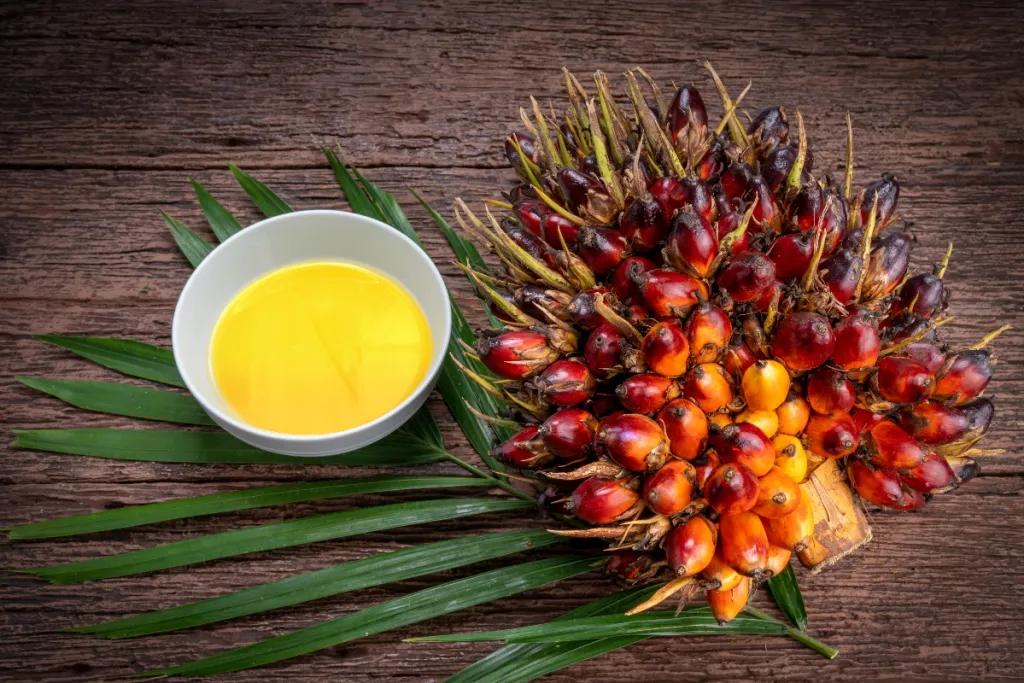Ghana to invest $500 mln in palm oil sector to reduce imports and boost domestic production

Ghana has announced plans to invest $500 million to strengthen its palm oil sector as part of a strategy to reduce import dependency and increase domestic output. The initiative was included in the country’s 2026 Budget and Economic Policy Statement and aims to transform Ghana into a self-sufficient palm oil producer.
Currently, Ghana produces about 70% of its palm oil needs but still imports roughly 30%, spending nearly $200 million annually. The investment will be implemented through the National Integrated Palm Oil Development Policy for 2026–2032, developed in collaboration with the World Bank, Ghana Development Bank, and other financial institutions.
The policy introduces a long-term financing mechanism with concessional loans, a five-year grace period, and the ability to cover up to 70% of industrial project costs. This model is crucial, as oil palm plantations take around seven years to reach full maturity. The program also aims to expand plantations and attract both local and foreign investors.
Smallholder farmers are a key focus of the policy. The government plans to provide improved seedlings, subsidized fertilizers, guaranteed off-take agreements, financing, and training. A Smallholder Support Fund will improve access to affordable credit and skills development, particularly for women and youth, replicating successful integration models from Malaysia and Indonesia.
Despite these plans, challenges remain, including widespread illegal imports that undermine local producers. Industry estimates indicate that up to 90% of cooking oils in Ghana are smuggled, bypassing quality controls and taxes. The government aims to curb smuggling, protect domestic production, and create conditions for sustainable industry growth.
Read also
Abbey Commodities – General Partner of BLACK SEA GRAIN.KYIV-2026
Black Sea & Danube Barley Market at a Turning Point: Demand Pressure and Regi...
US Supreme Court rules Trump’s emergency duties illegal
Mercosur: Protective measures for European agriculture
US makes concessions on pulses in new trade deal with India
Write to us
Our manager will contact you soon



